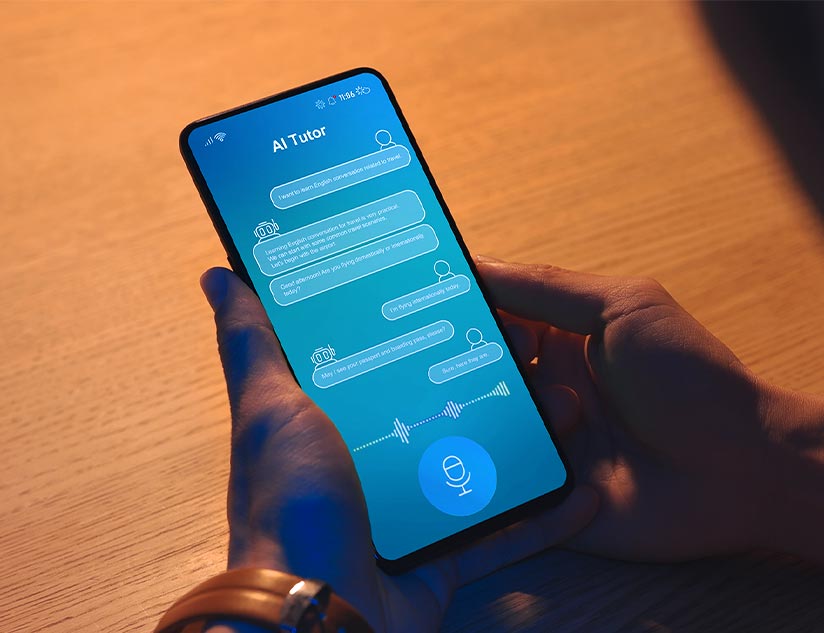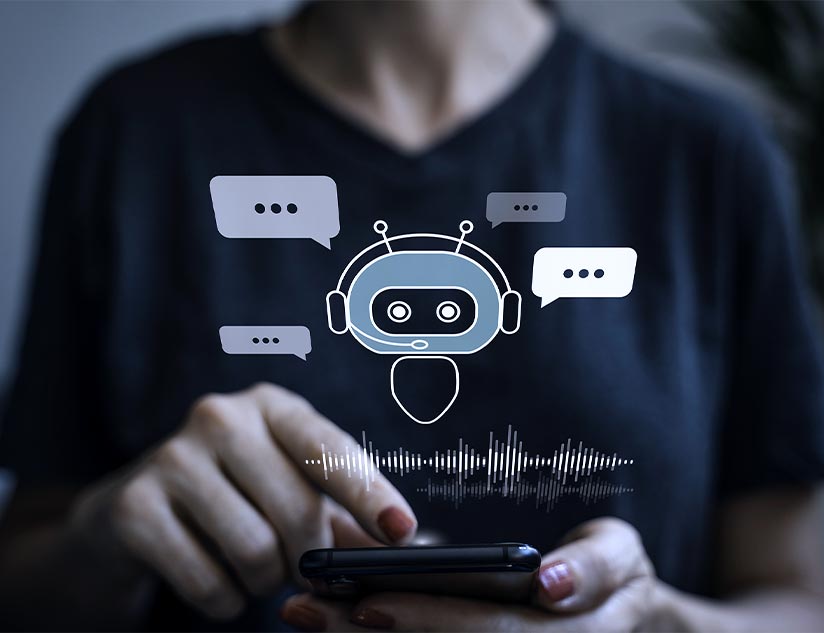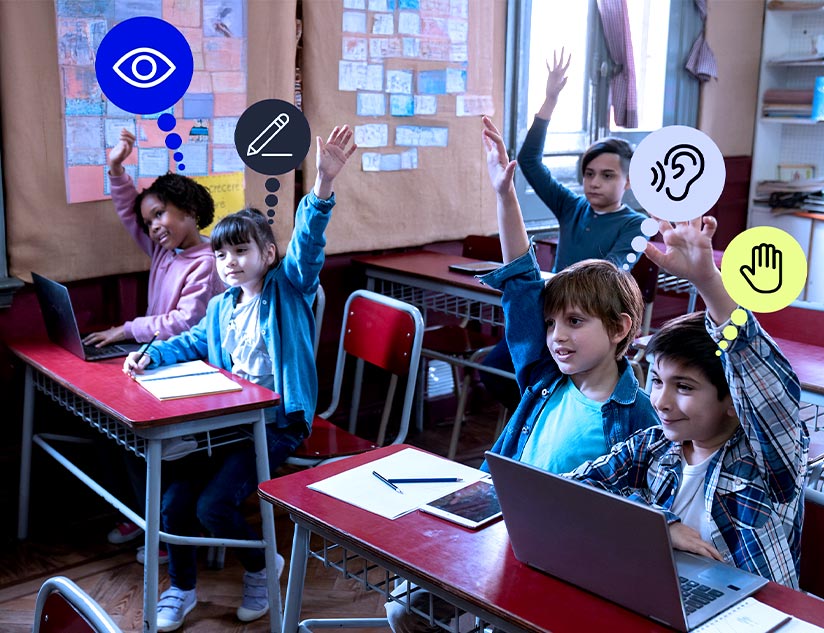The World Bank estimates that 68.8 million teachers need to be recruited by 2030 to keep the progress toward SDG4 on track. Amid the global shortage of teaching aspirants and early retirements, this estimate can be accomplished only with the strategic intervention of technology. In fact, UNESCO has committed to supporting the use of AI to achieve the 2030 education goals. It emphasizes that all technology applications should ensure adherence to the core principles of inclusion and equity. With this backdrop, AI-powered learning assistants are the most discernible choice to innovate learning and elevate teaching practices to make knowledge accessible and attainable globally.
What is a Learning Assistant Capable Of?
A learning assistant is a humanized approach to delivering technology-backed learner support. It is more than just a chatbot answering a pre-fed set of queries. It delivers a personalized and student-centric learning experience even when direct interaction with the educator is not feasible. A few things it can accomplish are:
- Predictive analysis of learning patterns, assess learner strengths and weaknesses, and leverage them to schedule the required lessons dynamically for the learner.
- Measure the efficacy and align teaching methods with the needs of the student.
- Handle individual student queries, provide customized solutions, obtain feedback, and refine the future experience.
- Simplify content, lesson, and solution search and assist students in navigating the learning platform seamlessly.
- Help in the automation of evaluation of long-form answers, and provide learning outcome-focused feedback for improvisation when required.
- The 24×7 availability of the learning assistant, supporting anytime, anywhere learning.
More for Teachers and Publishers
The primary goal of using learning assistants is to enhance student engagement and accelerate the achievement of learning outcomes. Well-rounded improvements in the achievement of educational goals are possible when technology accommodates the needs of educators and learning material providers. A learning assistant does this by:
- Simplifying the detection of plagiarism and assisting in the evaluation of student progress.
- Discovering learning gaps to help teachers tune their teaching practices based on individual learner needs.
- Assisting the creation of lessons that meet global standards.
- Providing administrative support to teachers by helping to identify and automate repetitive tasks and free up their time for meeting learner needs.
- AI-powered learning assistants are capable of helping teachers in developing their pedagogical skills.
- Suggesting improvisations in the learning material to align it with DEI requirements.
- Facilitating cross-referencing of the educational material and reusing the content as and when possible.
- Streamlining the creation of a variety of questionnaires and assessments across learner levels and milestones of the learner journeys.
AI-Powered Learning Assistance Gaining Mass Adoption
Technologies like artificial superintelligence, narrow and strong AI, dialogue management, and natural language understanding (NLU) help in the programming and customization of the learning assistant to the granular level. It has facilitated hyper-personalization of the learning experience, simplified course development, and learning even in the absence of a teacher. Additionally, AI facilitates immersive learning experiences with the help of virtual reality and augmented reality applications.
As a result, the use of AI in the education market is anticipated to hit $30 billion, growing at a CAGR of 10% between 2023 and 2032. Owing to the inability of traditional education tech to fulfill the evolving student and educator needs and the widening supply-demand gap in the learner-educator sector, combined with the increased need to upskill and reskill, AI-powered learning assistants are ready to disrupt the education industry.
What Does an EdTech Company Need?
EdTech companies today are pressured by the rapidly growing need for scaling and diversifying their solutions to cater to a wider audience and maintain compliance with DEI regulations while scaling up. Incorporating a comprehensive plug-and-play AI-based learning assistant can transform an LMS. API-based plug-and-play tools ensure minimal downtime, high customizability, and a superior experience.
Enriching the learning platform with innovative technology solutions can boost its reach and adoption. Additionally, an integrated solution that serves as a learning and grading assistant can help improve education delivery and ensure seamless interaction between learning and assessment modules.
All you need is an experienced technology partner such as MagicBox to help you transition into a comprehensive future-ready learning solution. MagicBox’s intuitive AI-powered assessments, scoring, and learning assistant have an easy-to-use interface. MagicBox’s learning assistant delivers revolutionary interactions while allowing students to access and manage the courses assigned to them. The integrated assessment engine supports a wide range of evaluation schemes and question formats, including match the following, filling in the blanks, drag-and-drop, and interactive video assessments. The team is dedicated to continuous improvements while ensuring compliance with digital, inclusive, and equitable learning guidelines across regional and state levels.
Schedule a demo with us now to explore how our AI-powered robust toolset can help you deliver avant-garde learning solutions that save time and effort while avoiding human error.














